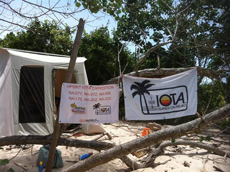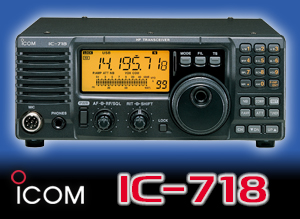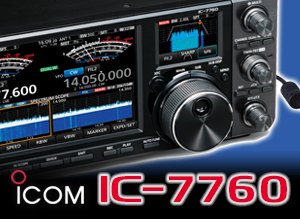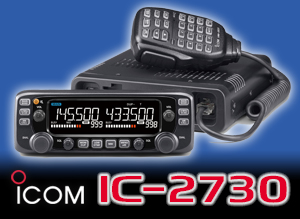IOTA Programme

The HP0INT DXpedition, a six island activation in Panama
IOTA—an activity programme for the intrepid traveller and the armchair explorer
Islands have always excited the imagination. They evoke a sense of mystique and romance in those of us who live in crowded cities and commute on busy roads. For the radio amateur, contacting islands encourages the imagination to run riot with visions of a remote station set up, perhaps, on a tropical beach among palm trees or, for the daring, a rocky Antarctic island in a blizzard at -40 degrees C. This, surely, is what amateur radio is all about!
In 1964 a British Short Wave Listener, Geoff Watts (now sadly a Silent Key) started an activity programme based on contacting island groups around the world. Geoff was not a wealthy man and had little opportunity to travel himself, but it is clear that listening to amateurs operating from remote island locations captured his imagination. Thus the Islands on the Air (IOTA) programme was born.
Geoff realised that there were far too many individual islands to chase, so he focused on recognised groups of islands such as the Laccadives in the Indian Ocean, the Bahamas and the Galapagos. Those three are, of course, recognised as DXCC entities, but how about Long Island, New York, or the Isles of Scilly off the south west tip of the UK? All these and more would be counters in the IOTA programme.
The main purpose of IOTA is to promote activity on the bands, not just HF but VHF as well, and for clubs as well as single operators. So it is an attractive programme not just for the chaser but for the activator and contester as well. The objective, for the IOTA Island Chaser, is to make radio contact with at least one counter in as many of these IOTA groups as possible and, for the IOTA Island Activator, to provide such island contacts.
As with any activity programme of this sort there is a strong awards element. The basic IOTA award is the IOTA 100 Islands of the World for confirmed contacts with 100 island groups which must include at least one from each continent. There are further awards for 200, 300, etc. islands, as well as continental and other regional awards (like the West Indies award). An Honour Roll is published annually to allow island chasers to compare scores – beware, it can get very intense and competitive!
IOTA has gone from strength to strength over the years, helped by easier international travel, more compact radios, cross-border licensing agreements such as the CEPT arrangements and a raised profile thanks to the Internet. Over 1,100 island groups have now been activated and every day there is IOTA activity on the HF bands, helped once a year in July by the increasingly popular IOTA Contest, which is a focus for many groups and individuals to put on island expeditions, often as part of their summer vacation.
As initiatives successful in increasing activity daily on the bands, two programmes, DXCC for working countries and IOTA for contacting islands, stand out head and shoulders above the others. The programmes are similar in character—both are international in coverage, both have a strong rule structure and neither is open-ended. Moreover, in practical terms they complement and strengthen each other because activity to promote one often provides valid contacts for the other.
The best one-stop shop for IOTA information is the IOTA site at https://www.iota-world.org/ where you will find full rules of the programme, as well as details of current island activations and much more. IOTA activity is regularly “spotted” on the DX cluster network and a check around the more popular IOTA frequencies (e.g. 14260 or 21260kHz on SSB, and 14040 or 21040kHz on CW) will often result in hearing some island activity. Each island group has a designator like EU-005 (Great Britain – the EU designates Europe of course) or NA-065 (the Washington State North group of islands including Orcas, San Juan and Whidbey Islands). So it’s easy to keep track of what you have worked and what you still need.
More questions? Check the FAQs.
Interested? Check out the website, get on the air, and start collecting islands!











